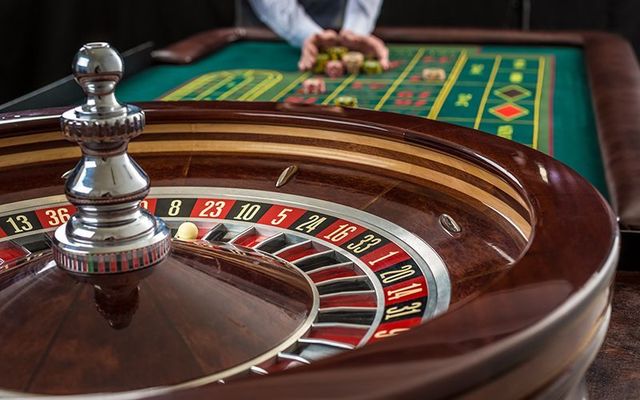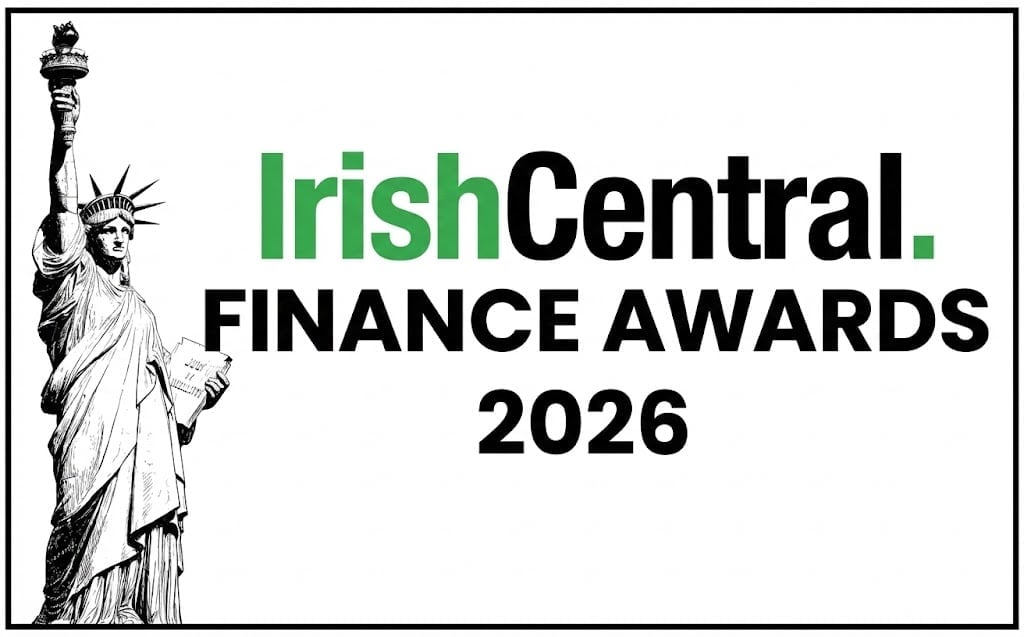Ireland’s gambling industry has come under fire in recent months, culminating in the extra attention that it has received from the country’s leading political parties, as evidenced by the election manifestos—all of which included guarantees to create a regulatory body tasked with policing the industry.
Gambling has become a major issue for Irish voters, compelling politicians to focus their campaigns in the upcoming election on alleviating the social and economic ills plaguing Ireland, which citizens have blamed—fairly or unfairly—on the unscrupulous and aggressive practices of gambling firms.
Leading parties pledge to fight problem gambling
Fine Gael, the current ruling party which is the second-highest holder of seats at the Dail has affirmed that they will enact an independent gambling regulatory body tasked primarily with ensuring the safety of customers from the perils of problem gambling.
Fine Gael also promised that the current gambling regulations will be re-examined and revised based on need. The party also pledged to conduct campaigns to increase awareness on problem gambling, as well as provide interventions for affected individuals—including personalized assessment and counseling.
The current leader in the polls, Fianna Fail who is also the supply partner of Fine Gael has laid out a similar platform in their manifesto, listing a series of policies meant to encourage responsible gambling, in addition to their shared commitment to creating a gambling regulator.
Fianna Fail will also set up age restrictions, wager limits, cool-off periods, and a ban on credit card gambling. Furthermore, they will also take a more aggressive stance against gambling ads and marketing, including banning all ads during live sports and loot boxes in video games.
The Irish Labour Party echoed the sentiments of the leading parties, pushing for more gambling regulations in their manifesto. The third-ranked opposition party Sinn Fein has yet to release an election manifesto, while the Green Party and People before Profit chose to focus on other issues in their respective manifestos.
Outdated gambling law led to widespread abuses
Ireland’s casinos have largely kept silent amidst growing discontent regarding its rapid growth over the past decade. A large section of gambling activities taking place in the country is being carried out illegally, due to the open flouting of rules which were put in place to limit the adverse impact of gambling, especially slot machines.
Ireland’s outdated gambling laws have been tagged as a key factor in allowing operators to offer illicit slot machines publicly. Overworked and underpaid authorities have proven no match to slot operators—as a result, there is little enforcement of regulations on licenses, wager amounts, and prizes.
Each slot machine must have a license to be offered to the public; only slot machines located in inaccessible locations are exempt from this rule. However, it has been widely reported that the number of officially licensed games is dwarfed by illegal slot games openly offered in gambling venues.
Multiple reports found that illicit slot machines proliferate in casinos and gaming arcades with insufficient age verification procedures to weed out underage punters where stakes and prizes are exponentially larger than what should be permitted legally.
Ireland has subsequently become one of the largest gambling markets in the world. In 2019, Irish gamblers wagered a staggering €9.8 billion, growing substantially from 2018’s total take of €8 billion. Irish gamblers were found to have lost roughly €1.3 billion.
Problem gambling: key priority for Irish voters
Concerned citizens and organizations have begun to take arms against the gambling industry, fingering it as a major culprit in the continued stagnation of the Irish economy, and proliferation of crime to feed problematic gambling habits—leaving the state to shoulder the bill.
The highly-publicized push of Ireland’s leading political parties to update the Gaming and Lotteries Act of 1956 which was last updated partially in 1975 to adapt to the current realities of the gambling industry is a clear sign that Irish casinos’ glory days are over.
It appears that the Irish people have had enough. With politicians finally heeding their call, Irish casinos will have to adapt to a stricter regulatory framework very soon. Illicit arcade and bingo games that generated much of casino’s revenues will now be chased down by authorities.
New regulator will likely pursue casinos aggressively
The increased public pressure will likely incentivize government officials to empower a gambling regulator with sweeping powers to enforce their responsibilities. The regulator will also act with the backing of public support, incentivizing them to go at casinos ruthlessly.
Casinos will now be forced to rely on less reliable sources on revenue. The booming industry is likely to retract significantly as soon as the election concludes, when many operators will jockey for position as the new face of responsible gambling.
Revenue from the black and gray market will continue to entice some casinos to test out the mettle of the new regulator. However, the risk of getting caught and being shut out from the industry may dissuade them.
Heidi Allen at No Deposit Daily told us: “Gambling operators in Ireland will have to prepare themselves for extra scrutiny and the possibility of stringent regulations being rolled out in the coming months.”
In previous times, Ireland’s love for gambling has insulated its casinos from the consequences of their aggressive marketing campaigns and other indiscretions. Politicians had shied away from attacking the industry in fear that they would be voted out of office.
Now, the Irish people are clearly chafing at the effects the gambling industry has had on their country. It would seem likely that, whichever party gains power in the election, an empowered gambling regulator will emerge within the year.
Because of wide public support, the regulator can definitely go after casinos who have abused any rules especially large casinos that have profited handsomely from problem gambling.




Comments